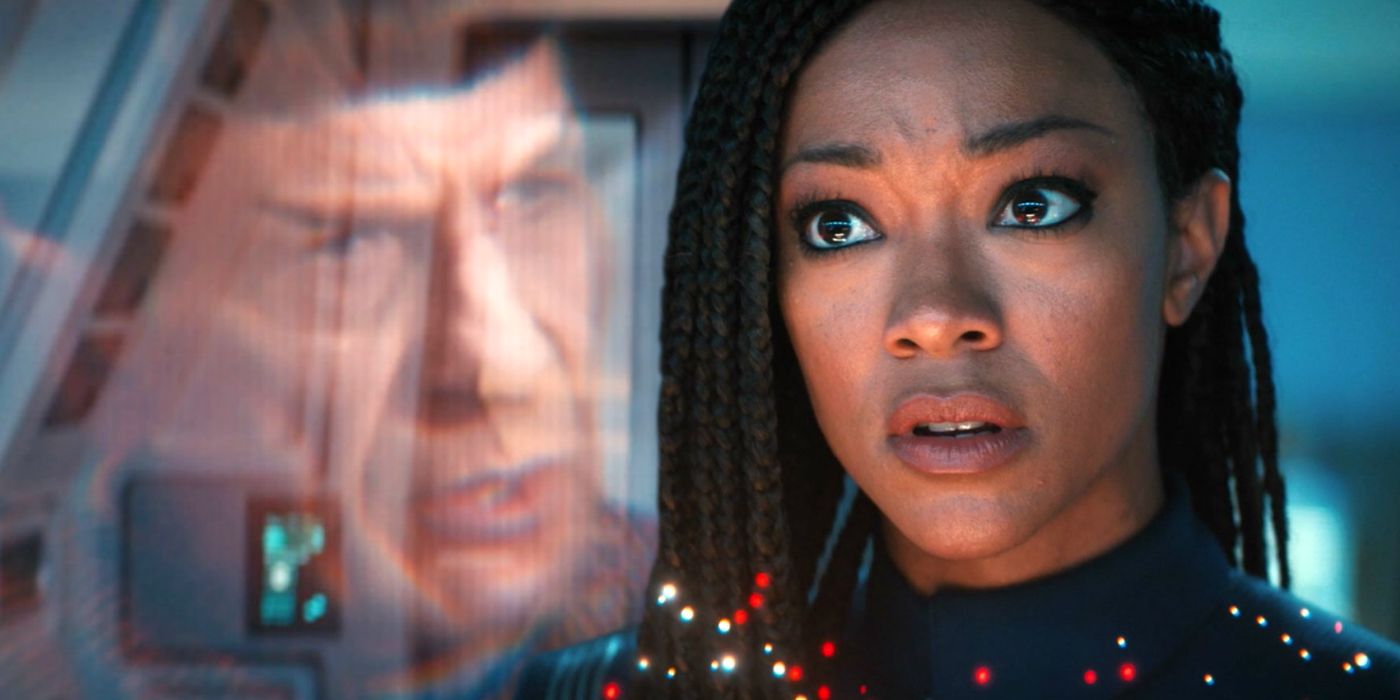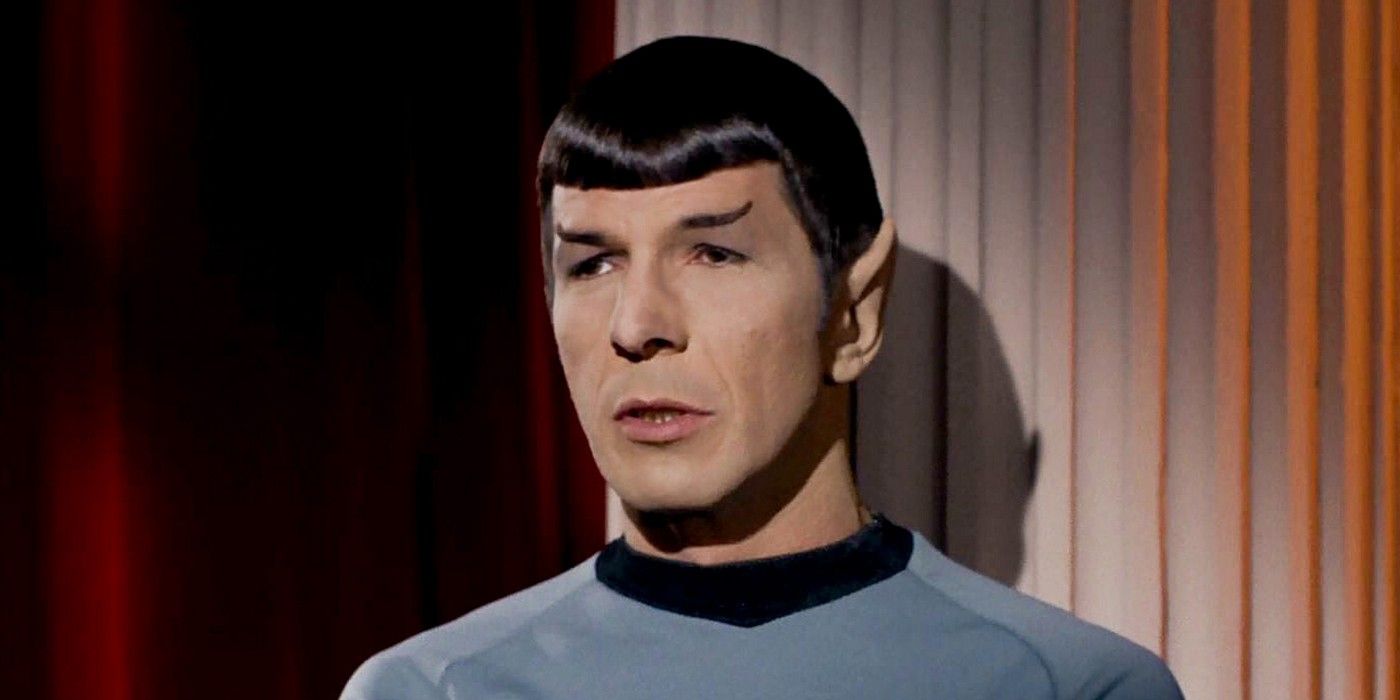Star Trek: Discovery has essentially become Spock's legacy in the Star Trek franchise. When Star Trek: Discovery launched in 2017, it was immediately clear the series was a success, leading to reports of record subscribers to the CBS All-Access streaming service. Since then, CBS has signed on a whole armada of further Star Trek TV shows, clearly believing viewers are eager for more of the same.
And yet, for all that's the case, Star Trek: Discovery initially struggled to find its feet in thematic terms. At its best, Star Trek has always embodied a sort of joyful sense of optimism, with Gene Roddenberry deliberately creating a franchise designed to celebrate the potential of the human spirit. "I believe in humanity," Roddenberry famously declared in one interview. "We are an incredible species. We're still just a child creature; we're still being nasty to each other. And all children go through those phases. We're growing up, we're moving into adolescence now. When we grow up - man, we're going to be something!" Unfortunately, Star Trek: Discovery failed to represent that optimism, instead embroiling the Federation in a galactic war that almost led to its leaders forgetting everything they stand for. Season 2 began a reset, introducing Anson Mount as Captain Pike, the inspirational Starfleet captain of the USS Federation. But now, with season 3, Star Trek: Discovery has finally found its place in the mythos - as the embodiment of Spock's legacy.
Sonequa Martin-Green is the starring character of Star Trek: Discovery, Commander Michael Burnham, and although she is human she is the adopted younger sister of Spock. The latest episode, Star Trek: Discovery season 3, episode 7, sees Burnham discover what became of her brother's legacy in the 32nd century. Strikingly, she does by returning to Vulcan, now renamed as Ni'Var. Spock had dedicated himself to reuniting the Vulcan and Romulan races, a seemingly impossible feat, but it seems he has met with long-term success. The sheer wonder of this feat is highlighted when Burnham watches a recording of Spock's speech in a classic episode of Star Trek: The Next Generation, "Unification." Indeed, this entire story is framed as a spiritual sequel to that episode. It's a wonderful touch, giving Spock an enduring legacy in the Star Trek galaxy - one that has survived even the Burn.
Even better, though, Spock's example ultimately inspires his sister to remain with the Federation. Star Trek: Discovery season 3 is clearly the beginning of the story of the rebuilding of the Federation, and Michael Burnham will be integral to that process, as signified by her flying the Starfleet flag in the promotional posters. Given Spock has become Burnham's inspiration, the restoration of Starfleet will in itself be his legacy. Star Trek: Discovery season 3 has transformed Spock into the most important figure in galactic history, a visionary whose example continues to shape the universe centuries after his death.
This gives Star Trek: Discovery season 3, episode 7 an emotional power even Spock would be able to appreciate. At last, after three seasons, Star Trek: Discovery is producing episodes that can rightly be counted among the best in the franchise to date. In doing so, it is proving that the past is the key to the present - and indeed to the future.


